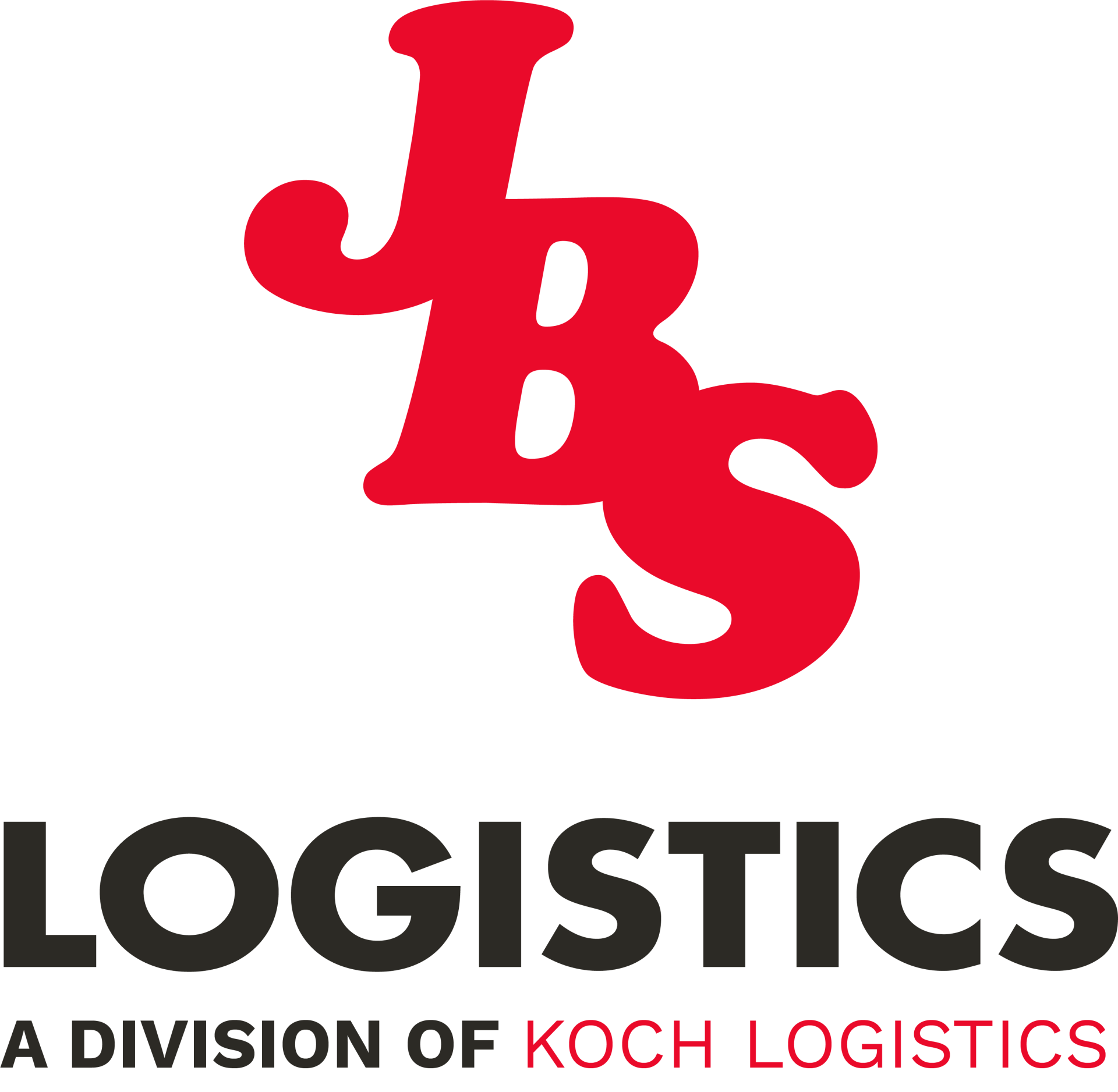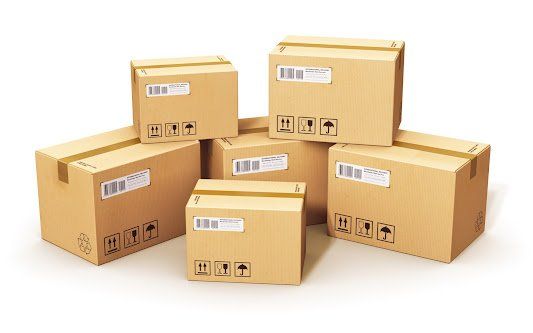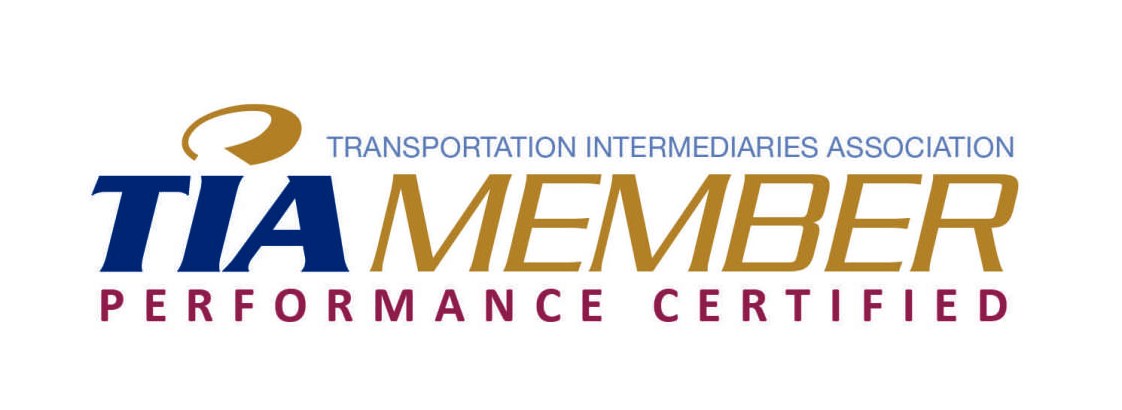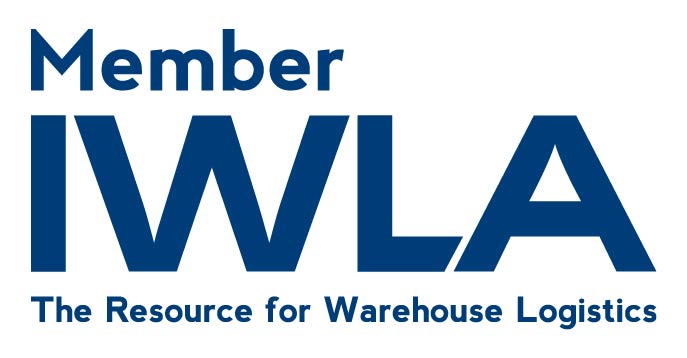JBS LOGISTICS HAS RE-BRANDED AS
KOCH LOGISTICS

This site will re-direct to
www.kochlogistics.com after Jan 1, 2025

Terms You Need to Know Regarding Freight Billing and Ownership

Shippers new to freight and logistics encounter many new terms and acronyms. Several of these concepts revolve around how to determine the responsible party for a shipment throughout the duration of its travel. These logistical terms can be confusing and may even seem like minor differences, but they can affect your bottom line in big ways.
To help you avoid unnecessary problems and expenses, here's what you need to know about the most common freight billing and liability terms.
FOB (Free on Board)
The term, FOB, is one of the most common acronyms on bills of lading and other transportation documents. Officially, it stands for Free on Board. Because the phrase Free on Board is esoteric and somewhat misleading - i.e. it's not actually free - many people instead use the technically incorrect term "Freight on Board."
FOB indicates at what point ownership of the goods transfers between the shipper and the consignee (receiver). It is, therefore, important in case anything happens along the way.
FOB Destination or FOB Origin
FOB Destination shipments remain officially in the ownership of the shipper until they arrive at the buyer's door. If anything happens during the shipments, such as an accident or natural disaster, the shipper remains the owner and must handle the issues. They would make inquiries, give instructions, and receive information about the shipment.
In a shipment marked FOB Origin, ownership passes to the receiver as soon as the item leaves the shipper's dock. They can and must now handle any issues that arise.
Freight Prepaid or Collect
FOB may deal with who has ownership of the goods, but it doesn't necessarily address who pays for all the related costs of the shipment itself. This is handled in a separate notation that begins with Freight and specifies one of several ways the freight costs will be paid.
Freight Prepaid means that the shipper will receive the invoice from the carrier and pay the costs (including fees and taxes) of the shipment. In this case, the buyer can expect no bills from the carrier and only has to worry about the original invoice from the shipper. Conversely, Freight Collect means that the carrier is instructed to bill the receiver instead.
Freight Allowed or Charged Back (Added)
Sometimes, one party may receive an invoice from the carrier but will have agreed to different arrangements with the shipper or receiver. In this case, who gets the invoice and who ultimately pays the cost can vary.
When freight costs are designated as collect and allowed, the receiver is billed for freight costs directly from the carrier but is allowed to deduct these from the amount they pay to the shipper. The advantage of this for consignees is that they avoid paying any mark-up by the seller and have transparency in their shipping costs. But they will have more paperwork.
Freight that is marked as prepaid and added (or charged back), on the other hand, is paid to the carrier by the shipper and added to the invoice sent to the buyer. This method is simpler for the consignee as they have only one invoice and one vendor to deal with. However, while most prepaid and charged back transactions include only the actual costs, there are fewer guarantees that nothing is marked up.
Clearly, a new shipper has a lot to learn about terminology and details regarding the ownership and billing of their shipment. The best place to start is to learn more about how different shipments work and how they affect you. JBS Logistics has a team of shipping experts ready to help. Call today to learn more about shipping and payment options as well as to receive the expertise of our qualified logistics pros.
Main Number: 800-877-3953 | Customer Service: 630-672-7546 | Accounts Payable: 630-672-7542
If are a new carrier and wish to register with us contact us via phone at 1-800-877-3953
2043 Corporate Lane, Naperville, Illinois 60563
Phone Number: 800-877-3953
Customer Service: 630-672-7546
Accounts Payable:
630-672-7542
Headquarters: 2043 Corporate Lane Naperville, Illinois 60563
Content, including images, displayed on this website is protected by copyright laws. Downloading, republication, retransmission or reproduction of content on this website is strictly prohibited.
Website Terms & Conditions •
Privacy Policy













